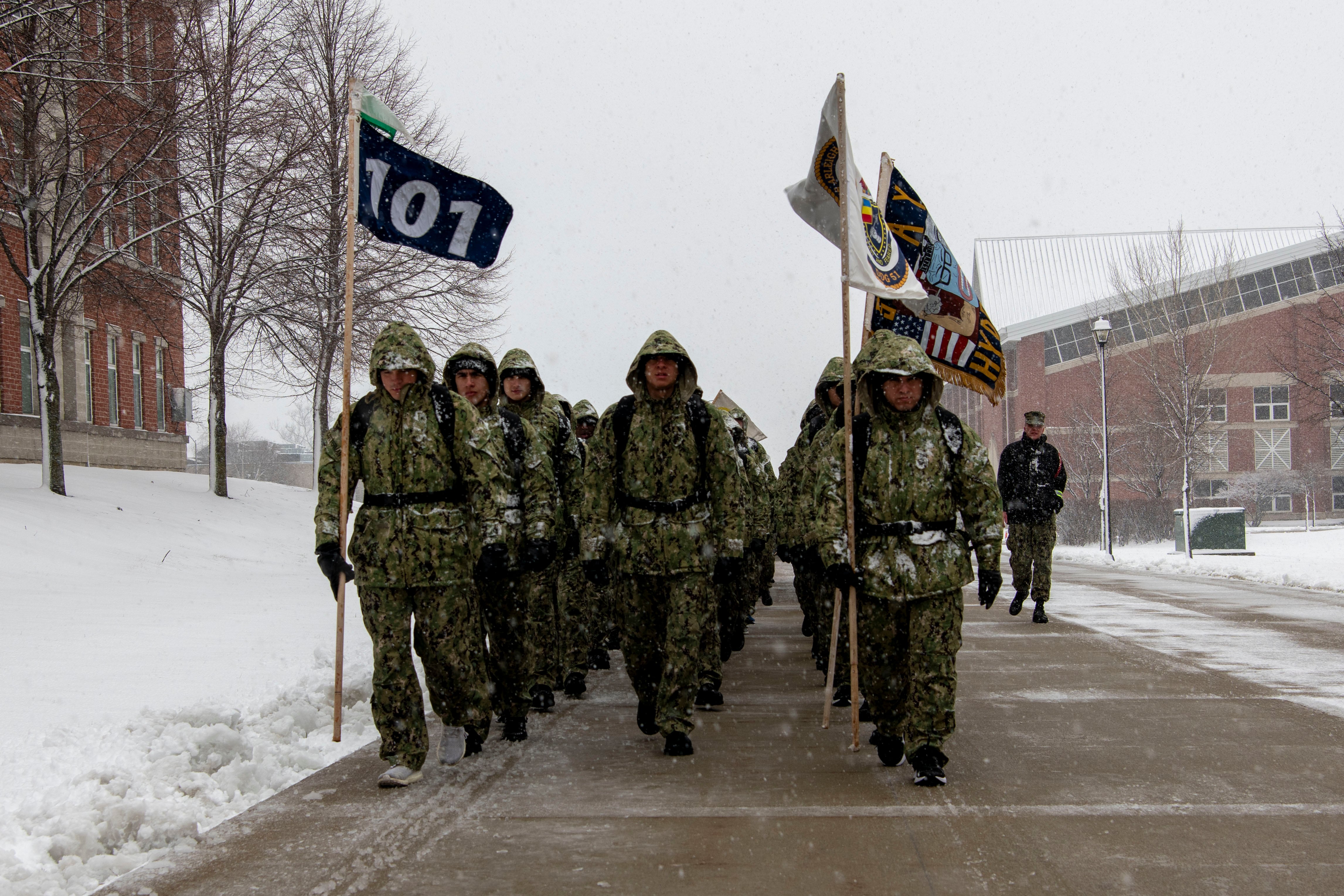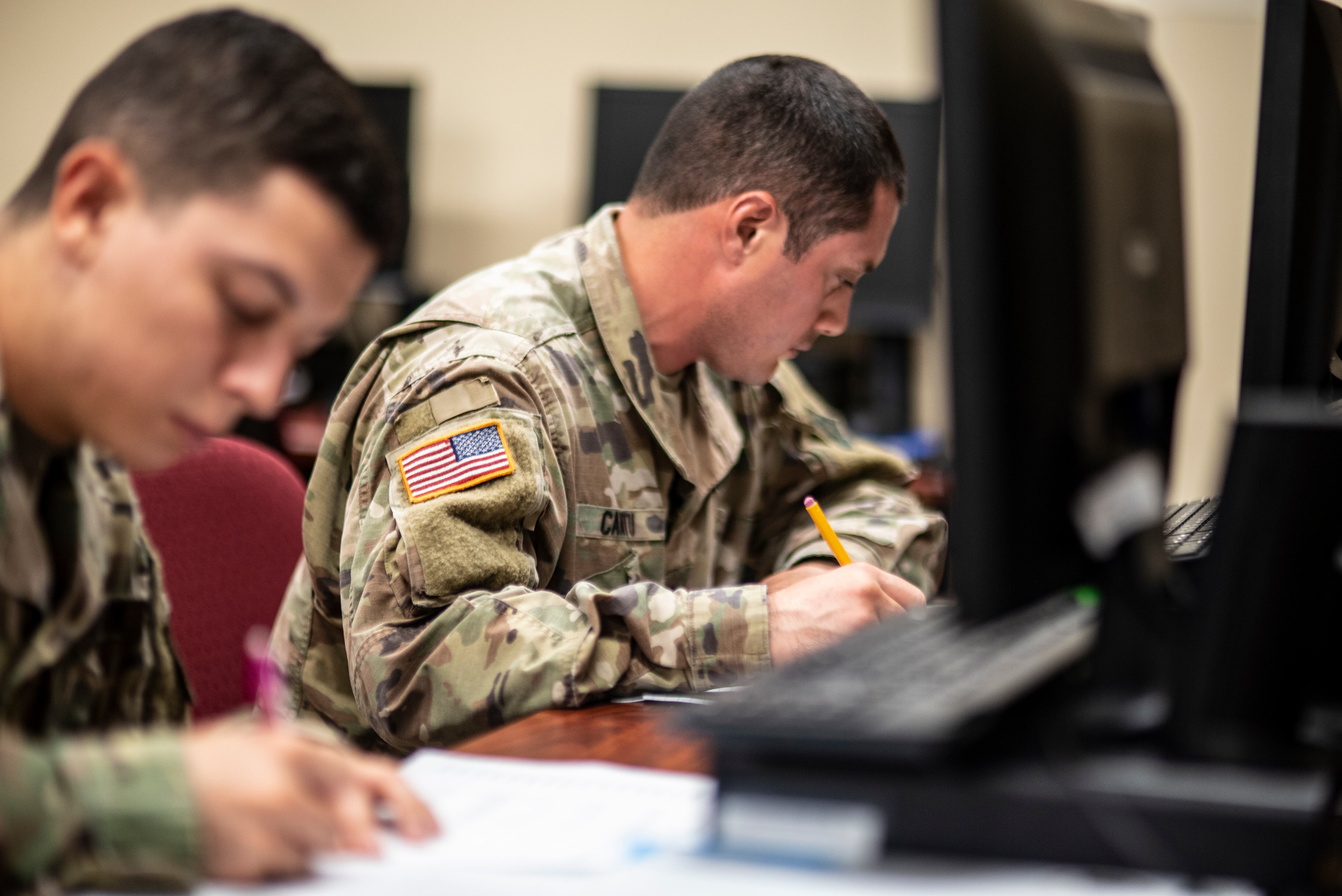Sailors' boss
Navy Secretary Ray Mabus has been the driving force for some of the biggest personnel policy changes felt in the Fleet Marine Force and on the deckplates in the past decade.
In 2010, the Navy ordered a ban to smoking on submariners after a report found that non-smokers among the crew were testing positive for nicotine exposure due to second-hand smoke. And in 2013, the Navy Department began a big crackdown against one of its foremost challenges: alcohol abuse.
Sailors and Marines began being were ordered to randomly perform breath tests at their commands, starting in 2013, which officials called a nonpunitive move to deter alcohol abuse and assist those suffering through it. Many have found the tests patronizing, but the services haven't backed off. At the time, Mabus made clear that targeting alcohol abuse by introducing breathalyzers would reduce other problems.
"Sexual assault. Domestic violence. Suicide attempts," Mabus said in a 2012 interview after the proposal was announced. Fitness has gone up and "If you look at the issues that we have, the Navy and the Marine Corps, alcohol is involved in so many of them."
Now, the Navy has begun saying it has turned a corner in the reducing booze-fueled misconduct.
Mabus recently focused on big changes to the rules that govern Marines and sailors' careers. just under two years left in office, presumably, Mabus turned 2015 into the year of personnel initiatives that have directly made an impact on sailors.
In a May speech at the Naval Academy, he unveiled far-reaching reforms like overhauling repetitive a suite of plans from expanding an overhaul of general military training, easing new fitness standards and an remodeling the Navy officer promotion system.
"In the Navy alone, last year, we separated 1,500 people — 1,500 sailors for failing the [physical fitness assessment]," he said. "That wastes everybody's time and resources. That's more than we separated for drug use, for example."
The announcement was culled largely from ideas being batted around at the chief of naval personnel's office, but with Mabus' backing, several of them were pushed through by the end of the year. This year sees new body fat standards and a new separation threshold for PFA failures.
The service is now piloting longer gym hours at some bases, putting together a plan to test fitness trackers in the fleet this year and coming up with an Outstanding Fitness Award for sailors who regularly max out their fitness tests.
Mabus tripled leave for new Navy and Marine moms to 18 weeks, well ahead of the other services, and extendeding child care hours. These efforts were aimed to persuade more women to stay in for a career.
"We were just losing way too many women, twice as many women as men in the three- to seven-year mark," Mabus said in the speech.
It remains to be seen how well these improved perks will work. Some women still feel the bureaucracy is disadvantaging women who are starting families.
"The younger generation [of women] are like, it's just not worth it for me to stay in," an O-5 helicopter pilot, who asked not to be named, told Navy Times in November. "If I want to start a family, I'm never going to make rank, I'm never going to be treated the same."
Mabus has also revamped the Navy's year-group promotion process for officers, so that For officers up for promotion, zone distinctions will no longer play a role in the selection process. The aim is to give giving good performers who haven’t hit every mark on the golden path more than two chances to move up.
For those looking for a more flexible career track, Mabus announced expanded in-residence graduate school opportunities, more spots in the career intermission program, and a chance for top-performing junior officers to take three years off and spend them at a Fortune 500 company.
While the options sounded good, not everyone was sold. Takers for the up-to-three year career intermission program have been very small and some mid-career officers worry that, despite assurances, veering of the path could affect their promotions.
"Opening of grad school and CIP is great in the sense that the organization is transmitting, ‘This is important to us," Lt. Cmdr. Ben Kohlmann, who left active-duty for Stanford business school and a reserve position last summer, told Navy Times in August.On the other hand, he added, it’s not clear that people are taking advantage of these opportunities. CIP participation has been notoriously low, as an example. "It remains to be seen if the culture will truly embrace it, or they’ll just wait out the secretary, as the bureaucracy tends to do with things it’s not sure of."
Coming Tuesday: How his agenda to expand women's opportunities has rankled his generals.
he said.
Meghann Myers is the Pentagon bureau chief at Military Times. She covers operations, policy, personnel, leadership and other issues affecting service members.





